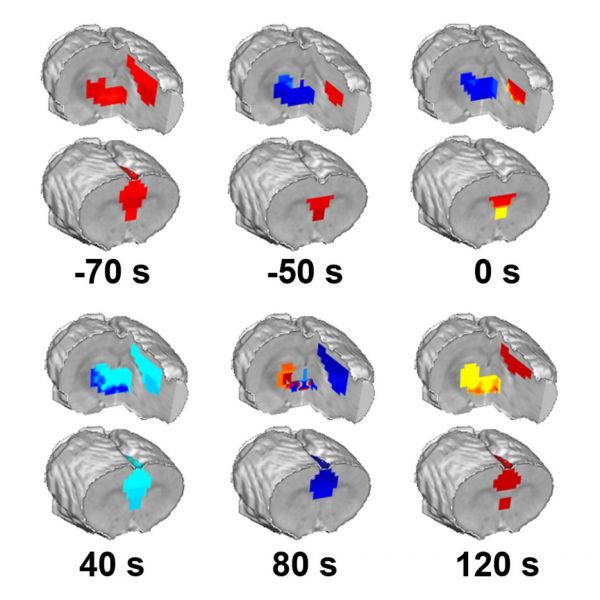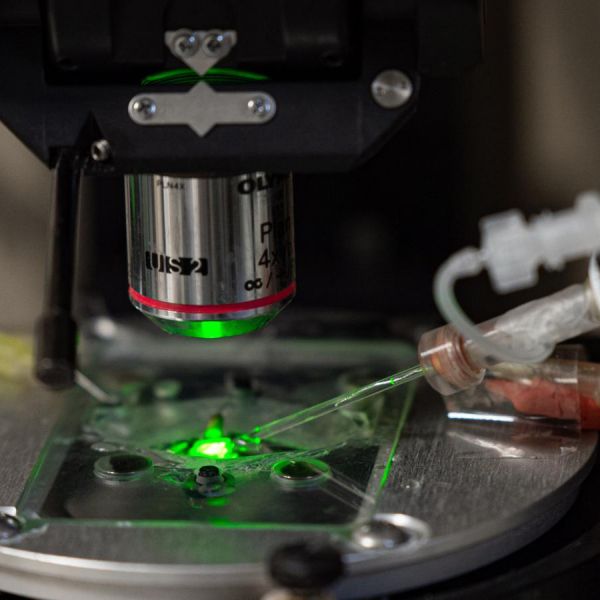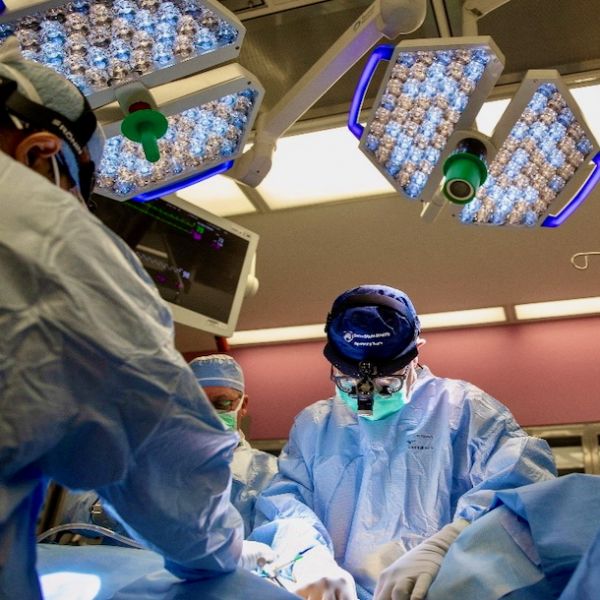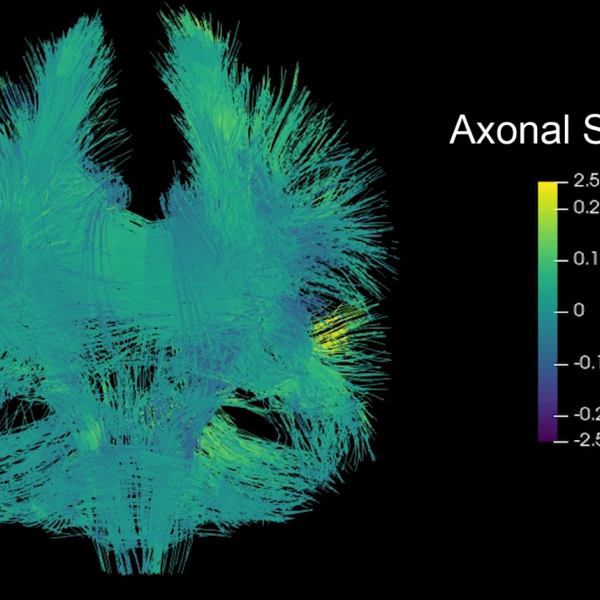News

Dec 12, 2024
Relieving chronic stress in the brains of male and female mice
In two new studies, researchers made mice resilient to stress by activating neurons in different brain regions and show that the brain regions and gene expression changes involved are highly sex-specific.
Full Article

Dec 11, 2024
Brain mechanisms underpinning loss of consciousness identified
Rapid activity in three brain regions appears to trigger loss of consciousness, researchers at Penn State find.
Full Article

Nov 20, 2024
Early adult binge drinking has lasting impact on aging brain in mice
Binge drinking in early adults can lead to long-lasting and potentially permanent dysregulation in the brain, according to a new study in mice, led by researchers at Penn State.
Full Article

Nov 13, 2024
Neuroscience student wins National Research Service Award fellowship
Chad Brunswick, a Ph.D candidate in the Huck Institutes’ intercollege graduate degree program in Neuroscience, has been awarded a prestigious National Research Service Award (NRSA) from the National Institute on Aging, one of the constituent institutes of the National Institutes of Health (NIH).
Full Article

Nov 14, 2024
Three Penn State researchers awarded scientific grants from Kaufman Foundation
The Charles E. Kaufman Foundation — a supporting organization of The Pittsburgh Foundation, which works to improve the quality of life in the Pittsburgh region — has selected three Penn State researchers to receive scientific research grants. The foundation awards grants to scientists at institutes of higher learning in Pennsylvania who are conducting innovative, fundamental scientific research in the fields of biology, chemistry and physics.
Full Article

Nov 20, 2024
Consistent bedtime linked with better child emotion and behavior regulation
Sleep can affect a child’s attitude and behavior, as many parents can attest, but a consistent bedtime may be more influential than sleep quality or duration, according to a new publication authored by researchers in the Penn State College of Health and Human Development and Penn State College of Medicine.
Full Article

Nov 12, 2024
Uncharted territory: A Q&A with Nanyin Zhang on mapping brain activity
To understand how different regions of the brain work together, researchers use a method called resting-state functional magnetic resonance imaging (rsfMRI). The method measures brain activity by observing changes in blood flow to different parts of the brain; however, rsfMRI does not explain how these blood flow changes to different brain regions relate to what is happening with the brain’s neurons — cells that send and receive messages in the form of electronic signals.
Full Article

Oct 31, 2024
Huck researchers reflect on the 2024 Nobel Prize in Chemistry
This month, the Nobel Prize in Chemistry was awarded to three scientists credited with historic breakthroughs surrounding proteins and their structures. Three Huck researchers working on similar challenges chime in with their thoughts.
Full Article

Oct 30, 2024
Penn State’s Neurosciences Biorepository expands access to University Park
The Neuroscience Biorepository, a collection of specimens and data housed at the Penn State College of Medicine, will be expanding its availability to researchers at University Park.
Full Article

Oct 31, 2024
Research team aims to better understand traumatic brain injuries
Penn State researchers are using computational methods and tools — such as custom mouthguard sensors — to model and predict injury in the human brain.
Full Article